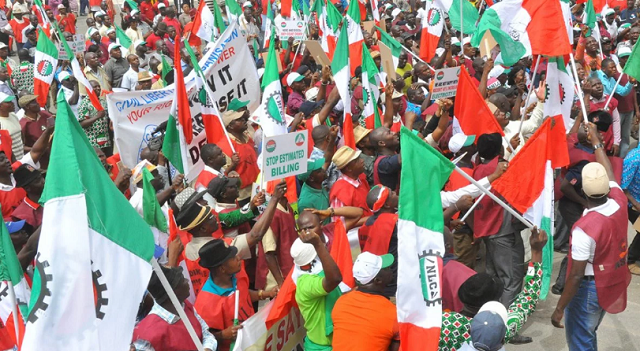
According to Philip Agbese, deputy spokesman for the House of Representatives the removal of fuel subsidies by President Bola Tinubu is in the best interest of the nation and will soon be celebrated.
The representative for the Ado/ Okpokwu/ Ogbadibo Federal Constituency, Agbese, spoke with newsmen in Abuja.
The lawmakers claim that the government has routinely sold gasoline to the public below cost in order to lessen the effects of rising international oil prices. This practice, known as fuel subsidy, has been practiced in the country since the 1970s.
He added that the regime has made some people richer but that the cost of subsidizing gasoline has increased over time.
According to Agbese, the data that was available indicated that the Buhari administration (2015–2023) paid a subsidy of over N11 point 4 trillion, which was more than what the government spent on infrastructure, education, and health services over the course of the study period.
Though he acknowledges that President Tinubu’s decision to overthrow the government has been difficult, he believes that Nigerians will ultimately rejoice.
He added that the elimination of fuel subsidies, which account for 50% of the country’s problems, will usher in the nation’s golden age.
Speaking in response to the planned strike by Organized Labor, Agbese urged Labour not to fall prey to agents of instability and promised that the money saved by the policy would go toward development initiatives.
“President Tinubu must be commended for taking the bold step to save the future of our nation. Fuel subsidy was no longer attainable,” he said.
“It is on record that about N40.1 billion is spent daily to subsidize every liter of petrol consumed in Nigeria by at least N600. It means the government spends about N1.24 trillion on fuel subsidies monthly.
“The country is in massive debt and would need more money to subsidize fuel. According to the World Bank, the government is projected to achieve fiscal savings of approximately two trillion naira ($2.6 billion) in 2023, equivalent to 0.9% of GDP. These savings are expected to reach over 11 trillion naira ($14.3bn) by the end of 2025.
“This will be invested in healthcare, education, and infrastructure. Indeed, the advantages of the removal of subsidy would not just come up immediately. It is not possible because the economy is not strong. We don’t have money to start implementing measures that will ameliorate the removal of the subsidy.
“However, we must look beyond the present. The future of our great nation is at stake. I want to commend President Tinubu for this brave decision. In a matter of time, Nigerians will smile.
“Let me also use this opportunity to appeal to the Organised Labour not to succumb to agents of destabilization who want to pull us back. The issue of palliatives and better welfare for all citizens is paramount before the Asiwaju government.
“Our nation can not withstand another mass action. We are trying to build not destroy. The Labour should, therefore, give dialogue a chance and at least be patient with this administration. It is still early days”.





